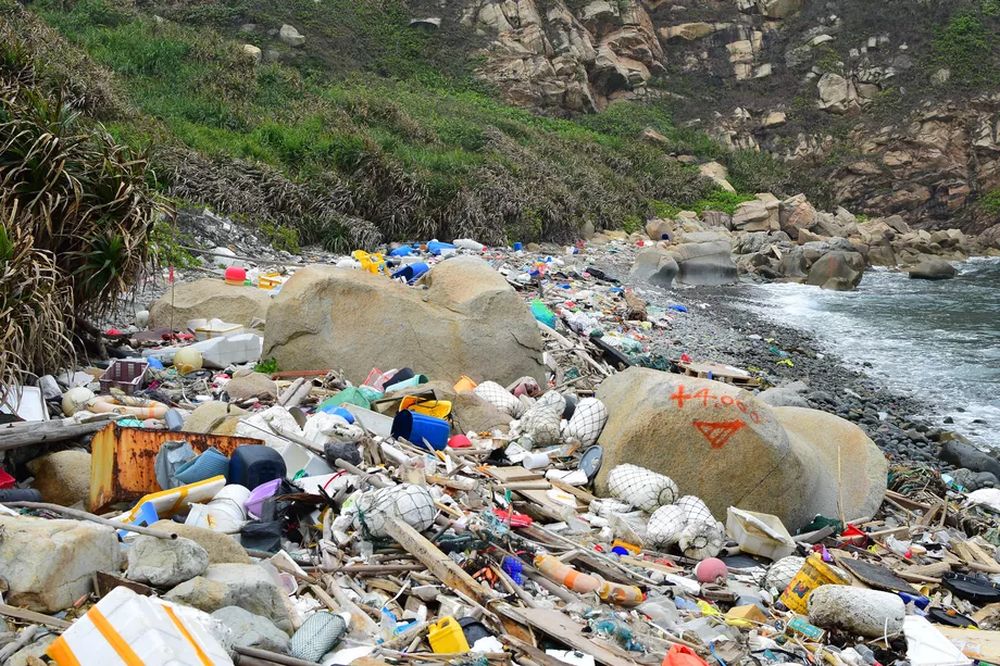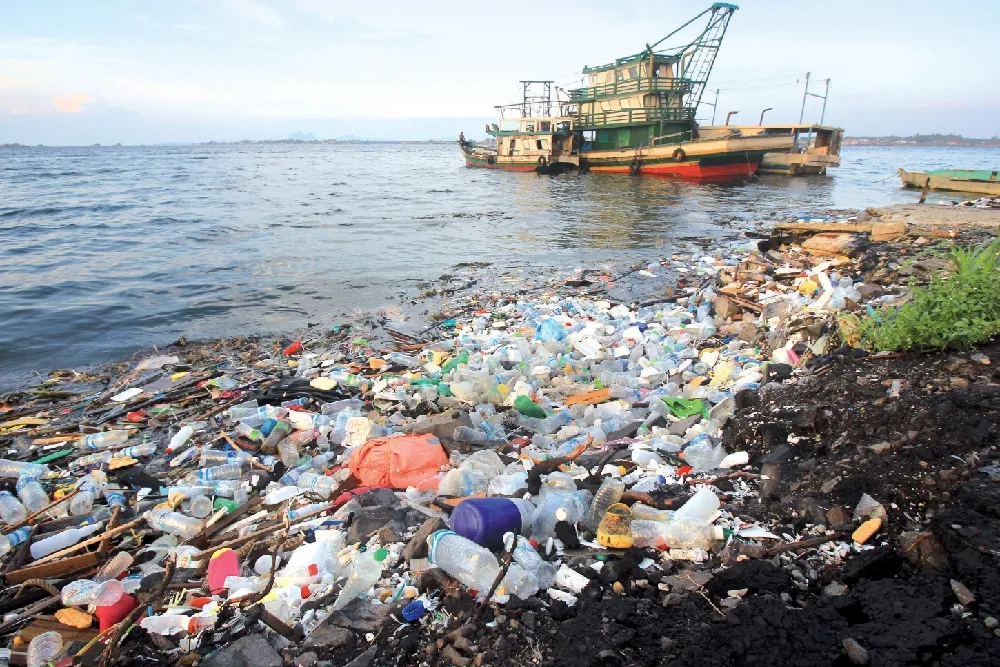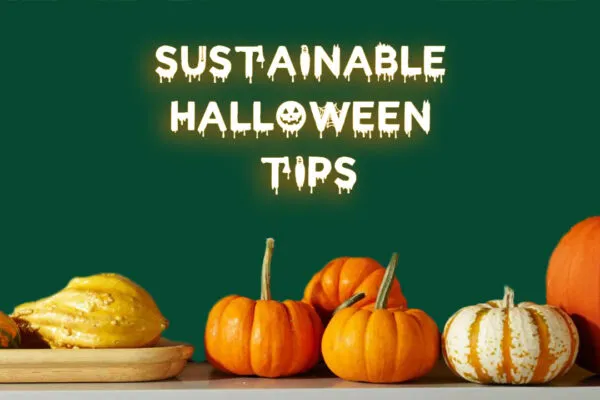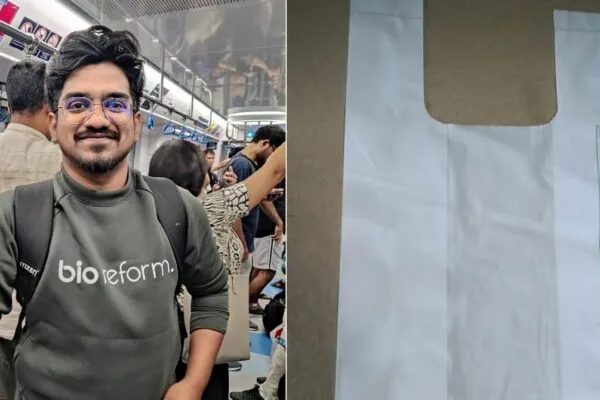Indian Government to Ban Several Single-Use Plastic Items from July 1, 2022
In 2019, the Indian government decided to ban some single-use plastic items from October 2, on the 150th birth anniversary of Mahatma Gandhi. The ban was to enforce on plastic bags, cups, plates, straws, small bottles and certain types of sachets in the most polluted cities and villages. Now, India has sought to renew the ban on several single-use plastic things from July 1, 2022.
Moving forward with this mission, the Centre has notified the Plastic Waste Management Amendment Rules, 2021, which prohibits manufacture, import, stocking, distribution, sale and use of identified single-use plastic items. These items will include candy sticks, plates, cups and plastic flatware.

Image: Ocean Conservancy
Apparently, plastic bags are still not out of the picture. Given their versatile and practice use, the thickness of these non-biodegradable carry bags will be increased from 50 microns to 75 microns from September 30, 2021, which will further be increased to 120 microns by the beginning of next year. This change in thickness is aimed to increase the reuse of these bags.
The official notification read;
The manufacture, import, stocking, distribution, sale and use of following single-use plastic, including polystyrene and expanded polystyrene, commodities shall be prohibited with effect from July 1, 2022: ear buds with plastic sticks, plastic sticks for balloons, plastic flags, candy sticks, ice-cream sticks, polystyrene (thermocol) for decoration; plates, cups, glasses, cutlery such as forks, spoons, knives, straw, trays; wrapping or packing films around sweet boxes, invitation cards, and cigarette packets, plastic or PVC banners less than 100 micron, stirrers.
The notification further said that the provisions will not apply to things made of compostable plastic.
Apparently, Prime Minister Narendra Modi had announced in June 2018 that India will eradicate all single-use plastics in the country by 2022. A year later, in the fourth UN Environment Assembly, India had made a resolution to address single-use plastic pollution in the country.
According to the Ministry of Environment, Forest and Climate Change (MoEFCC), plastic packaging waste that is not covered under the phase-out of identified single-use plastics should be collected and processed in an environmentally sustainable way through the protracted producer responsibility of the producer, importer and brand owner.

Image: Open Edition
Extended producer responsibility is a legal approach in which producers will take obligation for managing the clearance of products they produce once those products are labelled as useless by consumers.
The MoEFCC has set up a national-level task force for making coordinated efforts to fulfil this mission. The state and the UT governments and the central ministries and departments have been asked to develop a comprehensive action plan for the elimination of single-use plastics and operational implementation of the rules as soon as possible.
Via: Hindustan Times


